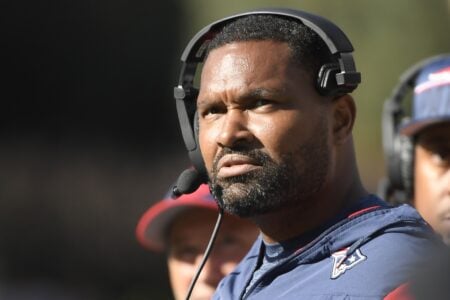- Joined
- Sep 13, 2004
- Messages
- 37,794
- Reaction score
- 16,603
I'll try again. If the patriots convert $60M in bonus to salaries in an uncapped year, presuming 5 year contracts, that will free up $48M of future cap space. Another way of saying this is that patriot players as a whole will receive an additional $48M when the team uses the cap in future years. Unless Kraft underspends future caps by $48M, he is indeed out cash.
That's not what I said at all.
I am saying that when a player signs a contract this year, he gets all his signing bonus, say $20 mil, this year. If he gets his signing bonus next year (uncapped) he gets all his signing bonus, say $20 mil, next year, the year he signs.
Either way he gets his signing bonus when he signs.
The difference is that with a cap, the signing bonus is pro-rated (for cap accounting purposes) for the length of the contract. With no cap, there is no accounting process for cap purposes.
The money is paid, end of story.
If the cap comes back, unless you are saying they will make it retroactive, not likely since both palyers and owners will be opposed and they did not do that when the cap came into being, then any team that signs a player during the uncapped year gets the services of that player with a much smaller cap charge (salary only, not signing bonus).


















